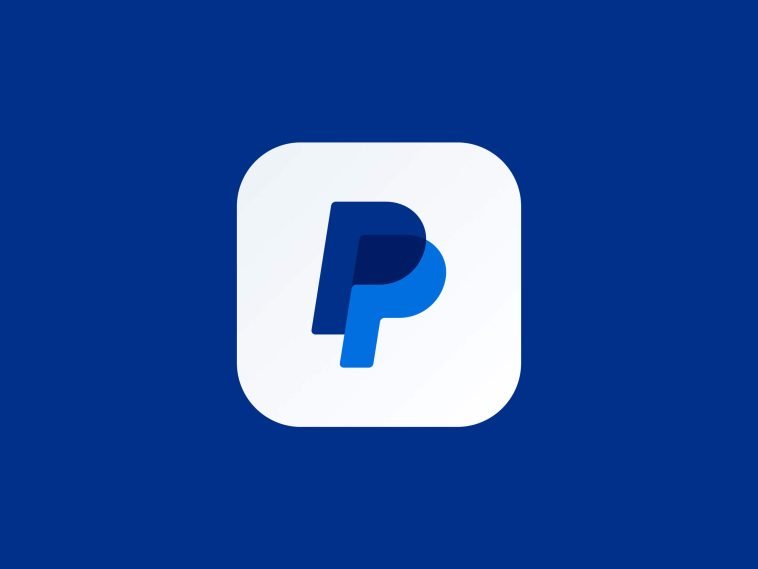Ghana: Why government must respond urgently to issues tabled by CRPD to relieve plights of PLWDs
According to the World Health Organization, over one billion people are living with disabilities worldwide, and persons living with disabilities (PLWDs) face several challenges in accessing basic services, particularly in low- and middle-income countries.
In Ghana, PLWDs face a myriad of challenges ranging from accessing basic amenities such as buildings, transport, health care, education, and social services to discrimination, exclusion, and marginalization from mainstream society.
Fortunately, Ghana has signed and ratified the United Nations Convention on the Rights of Persons with Disabilities (CRPD) aimed at promoting and ensuring the full and equal enjoyment of all human rights and fundamental freedoms by all persons with disabilities. However, the government must respond quickly to issues tabled by CRPD to relieve the plights of PLWDs.
Accessibility
One of the major challenges that PLWDs face in Ghana is accessibility to buildings, especially public buildings such as schools, hospitals, and courts. Although the Persons with Disability Act of 2006 mandates that all public buildings be made accessible to PLWDs, this law has not been fully implemented. This situation has left many PLWDs stranded and unable to access essential services, leading to frustration and discrimination.
In Ghana, a report by the Ghana Federation of Disability Organizations (GFD) indicated that only 10% of public buildings and facilities are accessible to PLWDs. This is unacceptable! The government must implement the provisions of the law and ensure that all public buildings are accessible, through the provision of ramps and other essential facilities.
Discrimination
Discrimination against PLWDs is a major challenge that has plagued Ghana for too long. Many PLWDs have been excluded from formal employment, education, and health care. According to a survey conducted by the GFD, over 82% of PLWDs in Ghana are unemployed. This situation has led to poverty and marginalization, leaving many PLWDs to rely on charity to survive.
The government must take steps to tackle discrimination against PLWDs by creating policies that will ensure that PLWDs have access to education, health care, and job opportunities. Additionally, the government must enforce the provisions of the Disability Act, which prohibits discrimination against PLWDs.
Health Care
Access to health care is a right that every human being is entitled to, regardless of disability. However, many PLWDs in Ghana face discrimination and exclusion when it comes to accessing health care services. Many medical facilities lack basic facilities and equipment that will help PLWDs access the services they need.
The government must ensure that all healthcare facilities are accessible to PLWDs. Additionally, the government should provide essential equipment to these facilities such as ramps, disabled-friendly toilets, and wheelchairs. By doing this, PLWDs will be able to access essential healthcare services, reducing morbidity and mortality rates among PLWDs in Ghana.
Conclusion
In conclusion, PLWDs in Ghana are part of society and deserve equal treatment and access to basic amenities like any other citizen. The government must respond quickly to issues tabled by CRPD to relieve the plights of PLWDs.
The government must ensure that all public buildings are accessible, and create policies that will ensure equal treatment, and access to education, health care, and job opportunities.
Additionally, the government should work with stakeholders such as the Ghana Federation of Disability Organisations (GFD) to address the challenges facing PLWDs in the country. The time to act is now!
By Joseph Kobla Wemakor
The writer is a staunch human rights activist, National SDGs Champion and Founder/Executive Director of Human Rights Reporters Ghana (HRRG)






Post a Comment